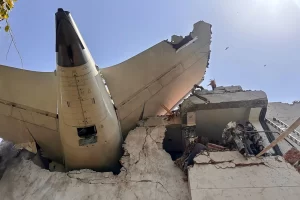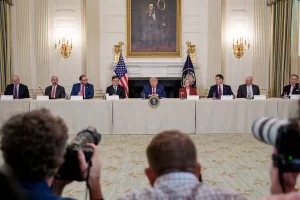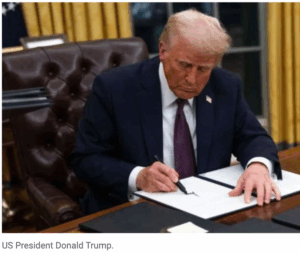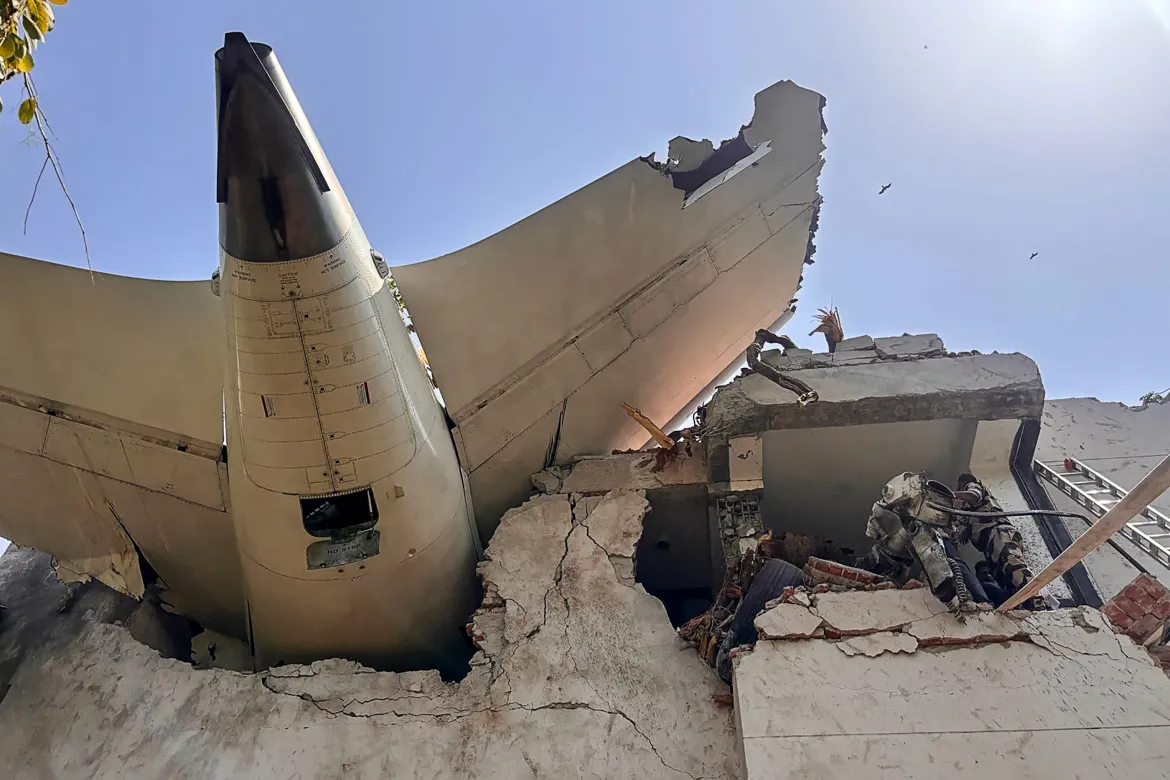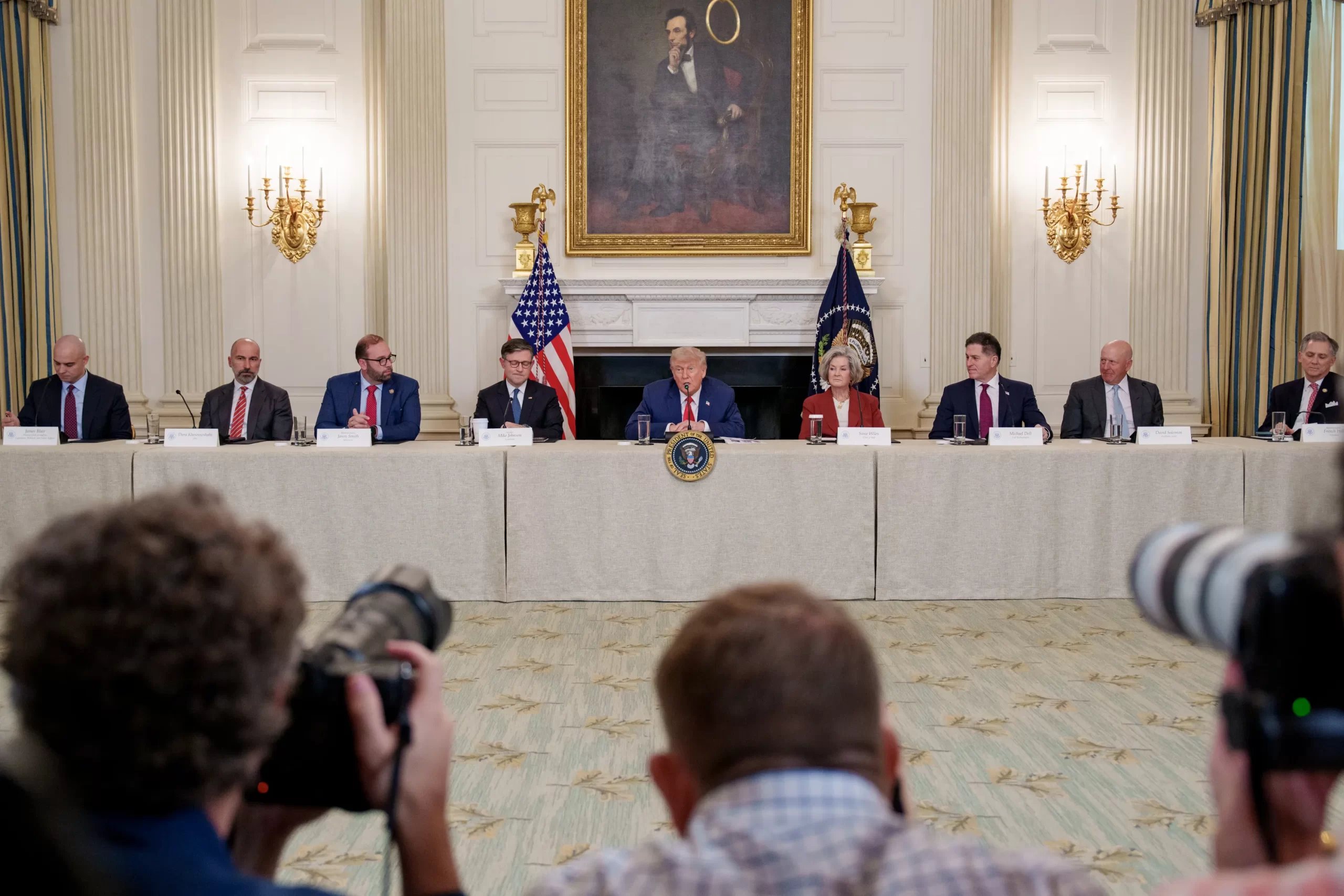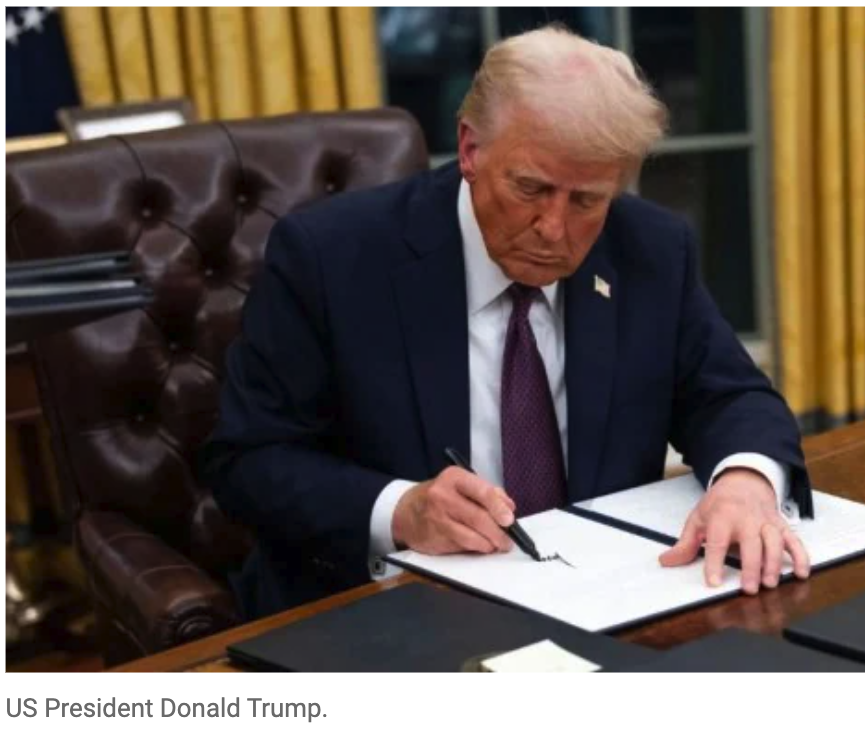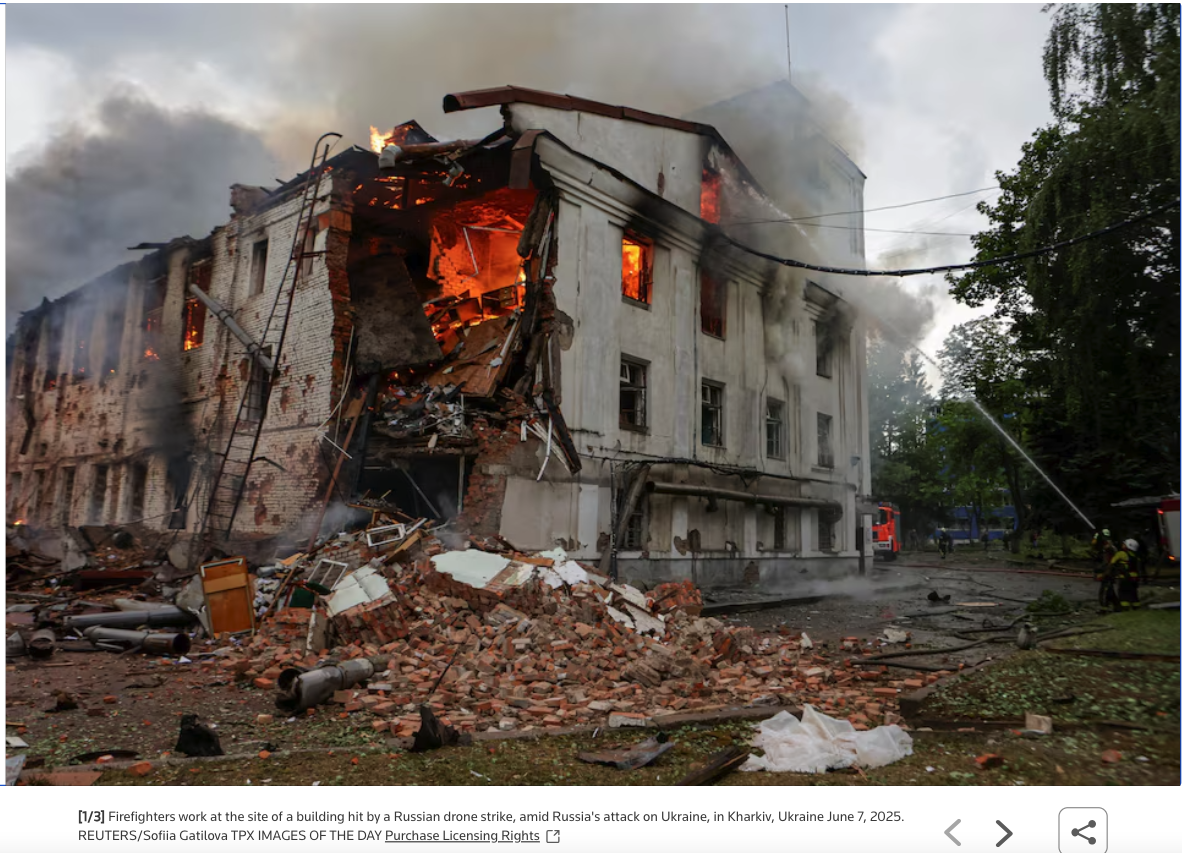In a high-stakes session at the United Nations, the United States on Wednesday vetoed a draft U.N. Security Council resolution that called for an “immediate, unconditional, and permanent ceasefire” between Israel and Hamas in Gaza. The resolution also sought unimpeded humanitarian aid access to the war-affected region.
The draft received the support of 14 out of 15 Security Council members, with the United States being the sole opposing vote. The vote came amid an escalating humanitarian crisis in Gaza, where over two million residents are facing severe shortages of food, water, and medical aid. Famine warnings have been raised despite a partial reopening of aid routes after an 11-week Israeli blockade.
U.S. Justifies Veto
The U.S. explained its veto by emphasizing the resolution’s failure to explicitly condemn Hamas and its omission of any requirement for the group to disarm and withdraw from Gaza.
“We would not support any measure that fails to condemn Hamas and does not call for Hamas to disarm and leave Gaza,” said Acting U.S. Ambassador to the U.N. Dorothy Shea. She further argued that the resolution could undercut ongoing U.S.-led diplomatic efforts to achieve a ceasefire agreement.
Washington is a close ally of Israel and its largest supplier of military aid.
Ongoing Conflict and Humanitarian Impact
The conflict, ongoing since October 2023, began after Hamas launched a deadly cross-border attack that killed approximately 1,200 people in Israel and resulted in around 250 hostages, according to Israeli sources. In response, Israel launched a large-scale military campaign in Gaza. Local health authorities report that over 54,000 Palestinians have been killed in the campaign, with many more injured or missing under rubble.
On Wednesday alone, Israeli strikes reportedly resulted in 45 Palestinian deaths, while the Israeli military confirmed the death of one of its soldiers during operations in Gaza.
International Reactions and Aid Efforts
Some U.N. member states have criticized Israel’s military strategy and the restriction of humanitarian aid. The United Kingdom’s Ambassador to the U.N., Barbara Woodward, called the actions “unjustifiable, disproportionate and counterproductive.”
Israel maintains that any permanent or unconditional ceasefire would allow Hamas to retain control in Gaza. “You chose appeasement and submission,” said Israeli Ambassador Danny Danon to the Security Council. “Only to more terror.”
Hamas criticized the U.S. veto, describing it as indicative of American bias toward Israel. The resolution also included a call for the immediate and unconditional release of all hostages.
Aid Delivery Debate
Efforts to deliver humanitarian aid continue to be contested. The U.S. and Israel are promoting a new aid initiative through the Gaza Humanitarian Foundation (GHF), a U.S.-backed organization that uses private logistics firms. However, the United Nations and other international aid organizations have declined to cooperate with the GHF, citing concerns over neutrality, militarization of aid, and forced displacement.
As of Wednesday, no aid was distributed through the GHF due to safety concerns. The group stated that it is in discussions with the Israeli military to enhance civilian safety near its distribution points. It has requested clearer guidance for civilians and additional training for soldiers to reduce risks of escalation.
The GHF, which has reportedly distributed over seven million meals since it began operations, announced delays in aid distribution for Thursday due to maintenance issues.
U.N. Position on Aid Access
U.N. aid chief Tom Fletcher reiterated calls for broader humanitarian access. “Open the crossings – all of them. Let in lifesaving aid at scale, from all directions,” he urged. The U.N. continues to stress the need for reliable, large-scale, and neutral aid delivery mechanisms.
Slovenia’s U.N. Ambassador Samuel Zbogar added: “Enough of suffering of civilians. Enough of food being used as a weapon. Enough is enough.”
Next Steps at the U.N.
With the Security Council resolution blocked, a similar humanitarian-focused draft is expected to be presented at the U.N. General Assembly, where no country holds veto power. Diplomats anticipate the resolution will pass, though such a measure would not be legally binding.
Ambassador Danon responded to the possibility of General Assembly action, stating, “No resolution, no vote, no moral failure, will stand in our way.”

